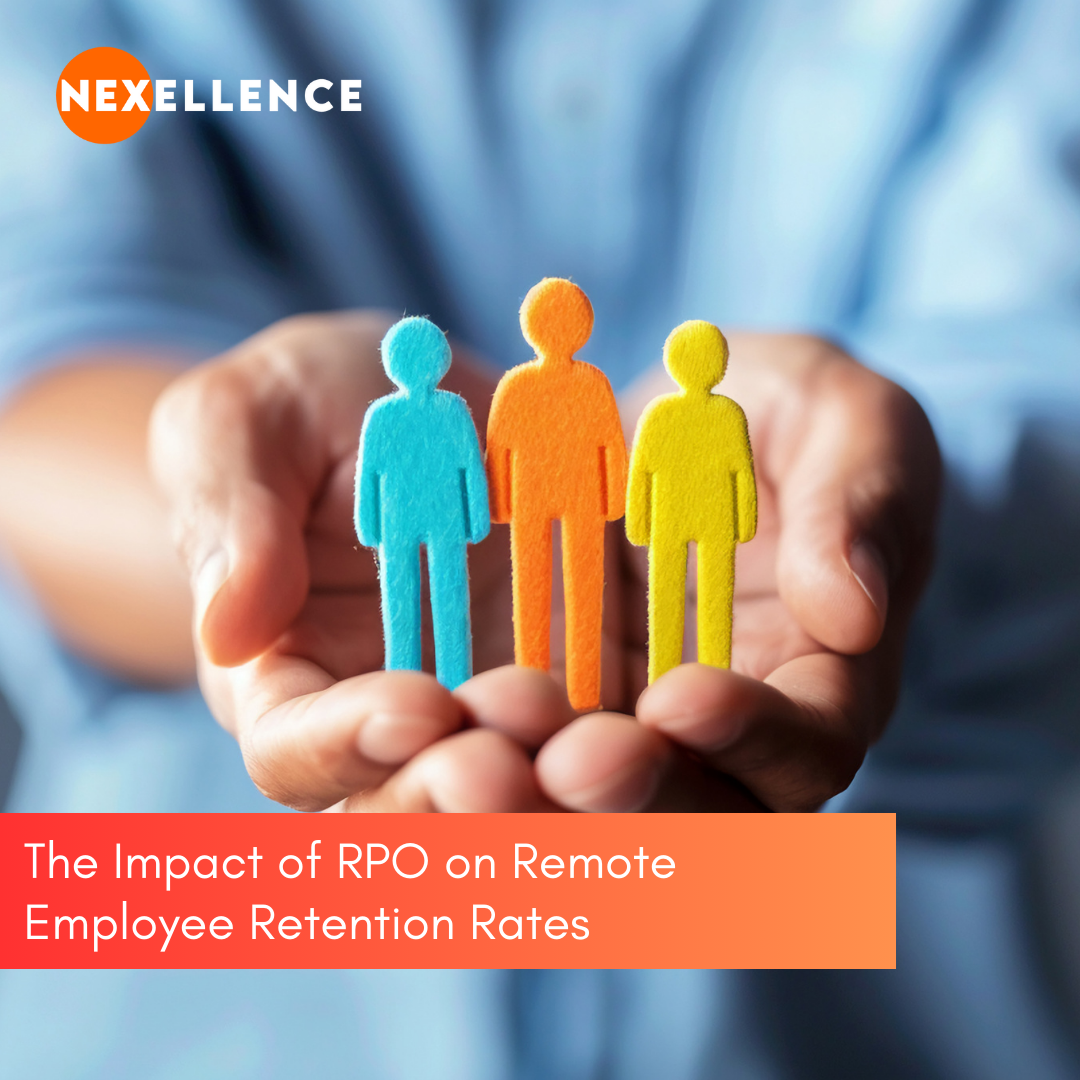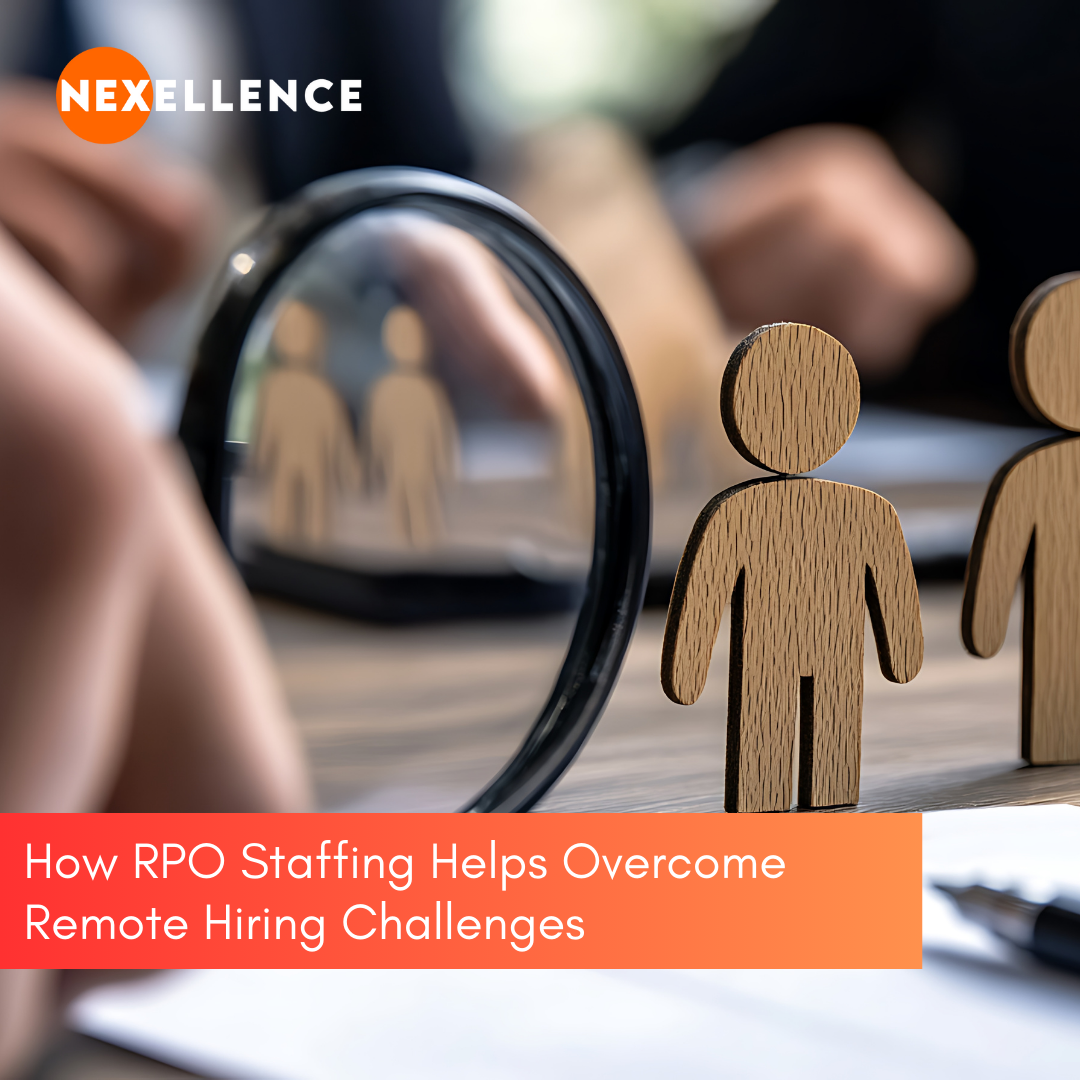As remote work becomes a permanent fixture in the modern workplace, recruitment agencies play an increasingly important role in helping businesses find the right talent to fit this new dynamic. Remote work offers flexibility, access to a global talent pool, and cost savings, but it also presents unique challenges in hiring, onboarding, and managing remote teams. Recruitment agencies have the expertise to navigate these complexities, ensuring that companies find candidates who not only have the right skills but can also thrive in a remote working environment.
Here’s how recruitment agencies are adapting to the rise of remote work and helping businesses find the right fit:
1. Expanding the Talent Pool
Accessing Global Talent:
One of the key advantages of remote work is that it allows companies to hire talent from anywhere in the world. Recruitment agencies can help businesses tap into global markets, finding the best candidates regardless of their location. This access to a wider talent pool is particularly beneficial for industries facing skill shortages or looking for specialized expertise.
Sourcing Niche Candidates:
Agencies can identify candidates with highly specialized skills that may be difficult to find locally. Whether it’s IT professionals, digital marketers, or customer service experts, recruitment agencies use their networks and technology to source talent from a variety of locations.
2. Assessing Remote Work Readiness
Evaluating Soft Skills for Remote Success:
Not every employee is suited for remote work. Recruitment agencies can assess candidates for key qualities like self-discipline, time management, communication skills, and adaptability, which are crucial for remote roles. By focusing on these soft skills, agencies help ensure that candidates can maintain productivity and engagement without the need for constant supervision.
Technical and Organizational Skills:
In addition to soft skills, candidates for remote positions need to have strong technical proficiency and the ability to work with digital collaboration tools like Zoom, Slack, and project management platforms. Recruitment agencies assess candidates’ familiarity with remote work technology and their ability to stay organized in a virtual environment.
3. Ensuring Cultural Fit in a Remote Setting
Maintaining Company Culture:
A common challenge in remote work is maintaining company culture when employees are distributed across different locations. Recruitment agencies take this into account by finding candidates who align with a company’s values and culture, even in a remote setting. By focusing on cultural fit, agencies help ensure that new hires contribute positively to the remote team environment.
Promoting Team Collaboration:
Collaboration in a remote work environment requires strong communication and teamwork skills. Recruitment agencies screen candidates not only for their ability to work independently but also for their willingness and ability to collaborate effectively with colleagues across digital platforms.
4. Customizing the Hiring Process for Remote Roles
Virtual Hiring and Onboarding:
Recruitment agencies have adapted their processes to accommodate virtual hiring and onboarding. From conducting remote interviews to managing the logistics of virtual onboarding, agencies provide seamless experiences for both candidates and employers. This ensures that even though the process is remote, the transition for new hires is smooth and efficient.
Ensuring a Smooth Onboarding Experience:
Agencies can help companies develop remote-friendly onboarding processes, ensuring that new employees are integrated into the team, understand company policies, and have access to the resources they need from day one.
5. Providing Insights on Remote Work Trends
Keeping Up with Remote Work Policies:
Recruitment agencies stay up to date on remote work trends and policies across different regions. This includes knowledge of labor laws, compensation benchmarks, and tax implications for remote workers, particularly when hiring across borders. By providing this insight, agencies help businesses navigate the complexities of remote work compliance.
Advising on Remote Compensation Models:
With remote work, companies often face the challenge of deciding how to structure compensation. Should salaries be based on the candidate’s location or standardized across the board? Recruitment agencies can provide data-driven advice on compensation models that attract top remote talent while aligning with the company’s financial goals.
6. Building Flexible and Agile Teams
Hiring for Flexible Roles:
Remote work lends itself to flexibility, and recruitment agencies can help companies find candidates for various types of flexible roles, including part-time, freelance, and contract positions. These roles can provide businesses with the agility they need to respond to changing demands while keeping costs in check.
Scaling Teams Quickly:
When companies need to quickly scale their teams to meet project demands, recruitment agencies can provide the flexibility needed by sourcing qualified remote candidates who are ready to start immediately. This agility allows businesses to respond to market shifts and customer needs without the constraints of traditional in-office hiring.
7. Reducing Hiring Costs and Time to Fill
Streamlining the Recruitment Process:
Recruitment agencies streamline the process of finding and hiring remote workers, reducing the time and effort required for businesses to locate the right candidates. By using their networks, recruitment technologies, and remote-specific assessments, agencies can significantly reduce the time-to-hire.
Cost-Efficient Hiring:
Hiring remote workers can be cost-efficient, but recruitment agencies can make the process even more cost-effective by handling the initial screening, interviews, and onboarding, allowing companies to focus on their core operations. Agencies can also help negotiate compensation packages that fit within a company’s budget while attracting top talent.
8. Supporting Remote Team Retention
Ensuring Long-Term Success:
Finding the right fit for a remote role is just the beginning. Recruitment agencies also play a role in ensuring the long-term success of remote employees by providing ongoing support, monitoring performance, and offering advice on remote work best practices. This helps businesses retain their remote talent and build a resilient workforce.
Offering Post-Hire Support:
Many agencies provide post-hire support to both employers and employees, ensuring that the remote work arrangement is working well for both parties. This can include regular check-ins, addressing any challenges that arise, and making adjustments to improve the remote working experience.
Conclusion
The rise of remote work has transformed the way businesses approach hiring, and recruitment agencies are at the forefront of this change. By expanding access to a global talent pool, assessing remote readiness, and providing seamless virtual hiring experiences, recruitment agencies help businesses find the right candidates for remote roles. They also support companies in maintaining cultural fit, promoting team collaboration, and ensuring the long-term success of remote employees.
As remote work continues to shape the future of the workforce, recruitment agencies will remain essential partners in building flexible, agile, and resilient teams that thrive in a virtual environment. For companies looking to stay competitive in the remote work era, partnering with a recruitment agency is the key to finding the right fit for long-term success.





